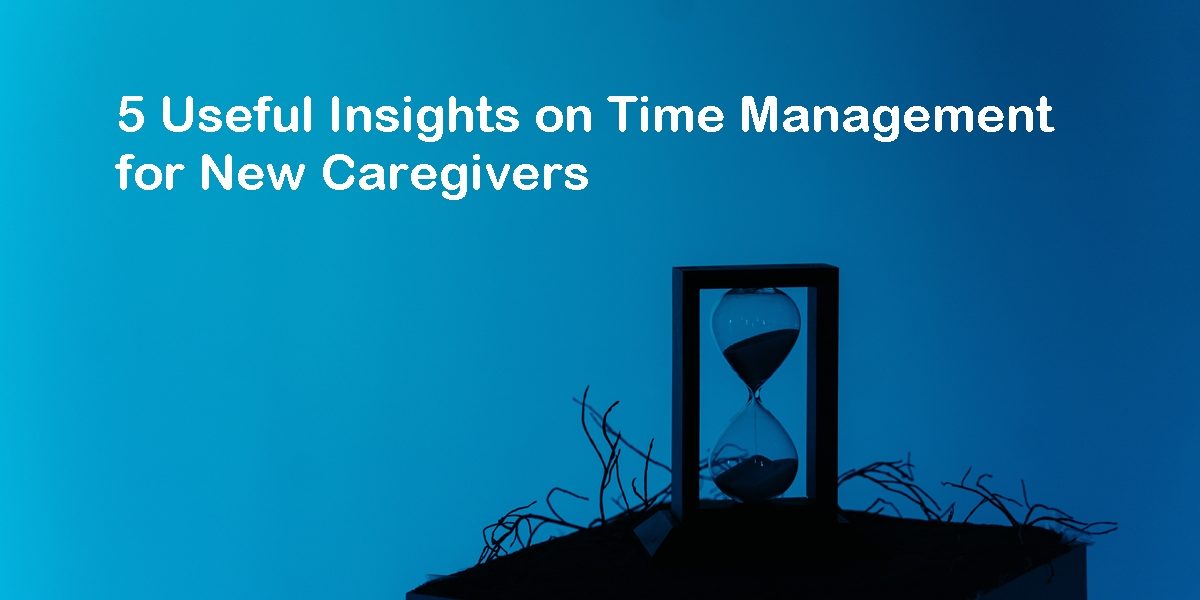Providing person-centred care in a busy environment can at first seem overwhelming. You have to assume dual roles at the same time – a care provider and an organisational employee. While performing the dual role, you have to follow the care facility’s goals of efficiency and cost control whilst providing timely, thoughtful, safe and efficient care. Everyone gets only 24 hours every day, and how you make better use of time than others can help you provide better care and achieve personal and professional goals. If you are a new caregiver, you will find this read useful. Here we discuss some useful insights on the effective use of time management skills to help new caregivers stay prepared and organised to manage priorities the right way.
Insight 1: Goal setting:
Good time management involves goal setting and developing a plan to reach the goals. At the start of the day, review a resident’s goals of care for the day and the goals you have for the day such as completing medication documentation, attending electronic MAR charts training, or preparing medications for administration. Set goals that are reasonable and achievable. Also, it’s important that you give yourself time to meet the goals. If you have set a few long-term goals, divide them into multiple short-term goals. As you complete the short-term goals, you get a frequent sense of goal achievement.
Insight 2: Setting priorities:
Once you know your goals, you can set your priorities. A particular strategy that can help you prioritise your tasks is following the Covey Matrix – where you can distribute your tasks under 4 categories namely – urgent and important, important but not urgent, urgent but not important and not urgent and not important. For instance, updating MAR chart after a medication round should be placed under urgent and important whereas checking social media or chatting with friends should be placed under not urgent and not important.
Insight 3: Complete an activity before starting a new one:
As a caregiver, you are responsible to provide care to a group of residents, moving back and forth between residents as their requirements and needs change. To be able to stay focused and complete the given task on time, try to finish an activity that you started with one resident before moving on to the next.
Insight 4: Prevent interruptions:
Everyone needs time to talk or socialise with colleagues. However, do not let interruptions prevent you from completing important patient care activities such as medication administration, updating electronic MAR charts or attending training sessions. Use time during lunch breaks or team meetings to interact with colleagues. During work, let your voicemail pick up the calls. You can ask your colleagues to email you instead of disturbing you while you are on the medication rounds, helping residents with their meals or doing something important. Also, keep tabs on your personal time-wasting habits.
Insight 5: Assess your day:
At the end of each day, think and reflect about how effectively you used your time. If you are facing challenges, discuss them with your supervisor and ask them to help you improve your time management skills – so that you can spend your time on the things that matter to you and your organisation.







